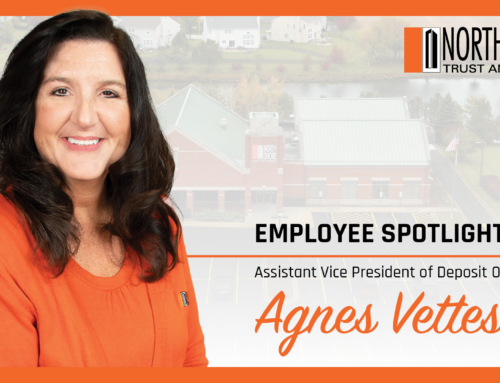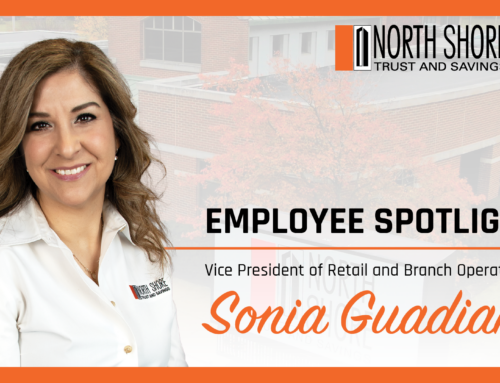FIND A PLACE TO RENT
For many, finding a place to rent in a tight rental market is daunting, but by preparing in advance, you’re more likely to find the perfect place to call home.
While renting requires less immediate cash and fewer obligations than owning a home, that doesn’t mean that it’s cheap or easy, or that it comes without strings attached. In fact, finding—and keeping—a good rental can be pretty difficult, especially if it’s your first time. But if you know what you’re getting into beforehand, you have a better chance of finding a good place at a good price.
Housing Budget
Before you start looking at places to rent, it helps to get a sense of how much you’ll need to pay. The real estate section of a local paper or websites like craigslist.org are good places to find the going rental rates. Try entering “available apartments” for a particular geographical area in your favorite search engine.
You’ll probably find a wide range of prices in most areas, which may leave you feeling unsure of what price to target in your search. Keep in mind that while rent will probably be your biggest single expense, you don’t want to get locked into paying more than you can afford. In an ideal world, you wouldn’t want to spend more than 25% of your take-home pay on housing, but in a lot of high-demand urban areas, you may find yourself having to give up closer to 35% to 40%.
Since prices vary so much, it can be hard to know what cities you’ll be able to afford. This cost of living calculator can be used to compare how much rent you can expect to pay in each location.
Best Ways to find a Place to Rent
Looking for a place to rent can be trying, especially when you’ve got limited time and money. In many places, opportunities come and go quickly. So you’ll want to take advantage of ways to streamline the process. But do so wisely—some ways of finding housing are more expensive than others.
Word of Mouth
Asking around among family, friends, and other people can’t hurt. You can never tell who might know of something opening up that you can slide into easily without having to pay heavy fees. If you’re working, see if your company has a bulletin board where coworkers might post sublets or leases you might be able to take over. College alumni clubs and websites are another great place to find these kinds of leads.
Local Classifieds
Though it may seem a little out of date, the real estate section of a local paper could be one way to find places to rent. Even better? A community Facebook page or something similar will have insights into the rental market as well as listing for rental properties themselves.
Websites and Apps
If you find yourself to be more of a virtual road mapper, searching the rental listing websites like Zillow, Rentler, Facebook Marketplace, Realtor.com, and Rent.com (largely geared toward apartments) can be another convenient way to locate properties. There’s one small problem—a lot of other people use these resources too, so in more high-demand areas, the listed properties may go quickly. Still, these resources are a great way to find brokers in the area and get a sense of what’s available. Brokers are like real estate agents for rental properties; they can help you find a property that fits your qualifications.
Brokers
Using a broker can help you find a good place, especially if you’re not familiar with the area. Brokers can provide great access to properties, and many even take you around from place to place. Just remember, they can be aggressive—and costly—salespeople. In some cities, landlords pay brokers’ commissions, but elsewhere the cost is on the renters’ shoulders.
Using listings services, which exist in many large urban areas, can be hit-or-miss. These companies sell listings of apartments being rented without brokers, so you can contact owners directly. Listings usually cost a few hundred dollars for a series of ongoing reports, which makes them like a low-cost broker. The only difference is that other people are getting the same listings as you are, so you can end up running into the same problems you do with websites. If you decide to go with a listings service, make sure you have the time and the patience to get something out of it.
Finding Roommates
Sometimes it’s difficult to pay the cost of an apartment alone. When this happens, it’s a good idea to look into getting a roommate. With one roommate, a nice apartment, otherwise unaffordable, would be within your budget parameters. If you’re looking for people to rent a house or apartment with, using word of mouth can be very useful. If this fails, don’t be afraid to look at websites like Roomster, Roomie Match, or Roomi.
Though social media can also be a good place to reach out for roommate candidates, it can also be dangerous. Always be sure to use precaution when meeting up or contacting any potential roomies. Remember to pick your roommate as carefully as you pick your future apartment or house. Having an irresponsible roommate can really impact your bottom-line, especially if they tend to eat your food or skip a month’s worth of rent.
Paying Upfront
Exactly what you’ll have to pay for upfront depends on where you live, but most places will require at least the first and last months’ rent. Often you’ll have to pay an additional month as a security deposit. And if you use a broker, you could end up shelling out from 8% to 18% of a full year’s rent.














